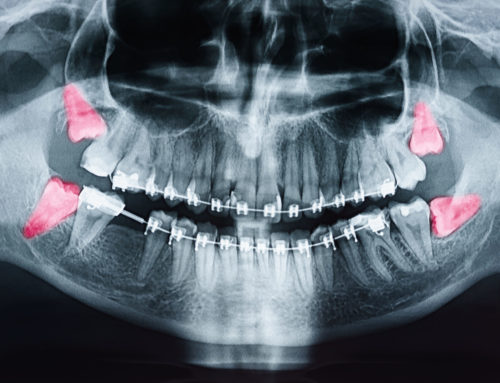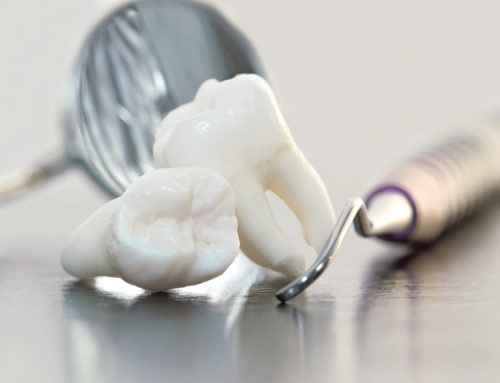Most people have heard of dental implant surgery, but not everyone understands the advantages of the treatment and how it can benefit them both now and well into the future. In the past, partial or full dentures were the only real way to deal with missing teeth, and there have always been significant disadvantages to using dentures. Fortunately, today for people who have missing teeth, they now have the option of discussing tooth implant options with an oral maxillofacial surgeon. This article discusses 4 major things everyone should know about dental implant surgery.
Dental Implant Candidacy Must be Determined
Although most patients are good candidates for dental implant surgery, it’s not for everyone. The skilled dental surgeons of OMSH in Houston, take time to evaluate each patient before making recommendations to ensure implants would provide the best solution. Since implants involve oral surgery, it’s never a good idea to proceed without understanding everything that’s involved in the process; there is much to consider in the way of patient life habits, bone density, and overall health.
Patients are Informed About the Surgery Process
Before surgery, patients are sedated and made comfortable. During the procedure, the surgeon will insert a high-quality titanium-based implant screw into the jaw that’s designed to naturally bond and fuse with the bone and tissue in the mouth. Overall, the procedure is pretty straightforward; yet, in some cases, a bone graft may be required to provide a solid base for the screw.
Immediately after the screw is implanted, patients may need a couple of days to deal with swelling; but will be able to return to normal activities while taking prescribed medications. Patients will also have a restricted diet of soft foods and liquids while the gums heal as recommended by the surgeon.
Depending on the situation, on the day of the procedure, or a few days after, patients will have a temporary crown placed on the implant post until the gums heal. It generally takes 3-6 months for implants to completely fuse with the jawbone; this process is called implant ossification. Only after this bonding is complete will the permanent crown be inserted to complete the procedure.
The Procedure is NOT Painful
Everyone’s tolerance for pain is different, but most patients report no pain or discomfort as they are under anesthesia during the surgery. As for afterwards, minor discomfort and swelling is to be expected, yet it can be well managed with OTC pain relievers, ice packs, following OMSH post-op instructions, and taking any prescribed pain medications and antibiotics. Overall, it’s important to heed the surgeon’s advice for aftercare.
There Are Different Implant Options
While the net result is the same… patients have a fabulous smile, both single- and two-stage options are available. Professional dental surgeons will always recommend the best possible options specific to each patient need, as it’s best for patients to be aware of available options, like teeth-in-a-day, and All-on-4 options to name a few. Each implant option is discussed during a consult with OMSH staff to ensure understanding of the differences and how they impact recovery and longevity of the replacement tooth.
If you’ve lost one or more teeth, it’s ideal to replace them as soon as possible. Discussing dental implant surgery with one of the experienced and highly-trained oral surgeons of OMSH is the first step, so take the time to schedule a consultation by calling 832-509-4505.






